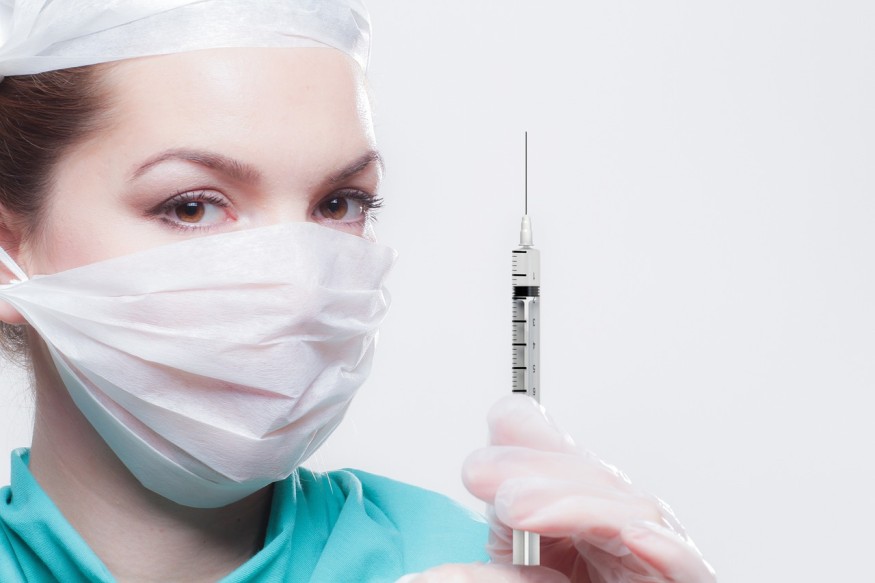
Vaccinations have saved millions of lives, according to the World Health Organization's latest update.
A landmark study published by The Lancet and led by the WHO details the profound impact of global immunization efforts, revealing that over the past half-century, an estimated 154 million lives have been saved. This equates to an average of six lives saved every minute, showing the critical role of vaccination programs in public health.
As per the WHO's website, the study, which examines the period spanning the last 50 years, shows that the majority of lives preserved --101 million -- were those of infants. Immunization has become the single most influential health intervention in ensuring not only the survival of infants but also their long-term health into adulthood.
Among the vaccines discussed in the study, the measles vaccination stands out for its substantial contribution to reducing infant mortality, accounting for 60% of lives saved due to immunization. This trend is projected to persist, with measles vaccination expected to remain a primary contributor to preventing deaths in the foreseeable future.
"Vaccines are among the most powerful inventions in history, making once-feared diseases preventable," WHO Director-General Dr .Tedros Adhanom Ghebreyesus stated in the WHO's press release.
"Thanks to vaccines, smallpox has been eradicated, polio is on the brink, and with the more recent development of vaccines against diseases like malaria and cervical cancer, we are pushing back the frontiers of disease."
Over the past five decades, vaccination against 14 diseases has directly led to a 40% reduction in infant deaths globally, surpassing a 50% decline in the African Region alone. Notably, the Expanded Programme on Immunization (EPI), established in 1974 with the goal of vaccinating children against several diseases, has evolved into the Essential Programme on Immunization, extending its reach beyond children to adolescents and adults.
The study sheds light on the need of sustaining and bolstering immunization progress globally. Efforts to increase access to vaccination have been monumental, with UNICEF procuring over 2 billion doses annually and ensuring distribution to even the most remote communities. Additionally, Gavi, the Vaccine Alliance, has played a crucial role in expanding vaccine coverage, especially in the world's poorest countries.
"Gavi was established to build on the partnership and progress made possible by EPI, intensifying focus on protecting the most vulnerable around the world," said Dr. Sania Nishtar, CEO of Gavi, the Vaccine Alliance.
"In a little over two decades we have seen incredible progress - protecting more than a billion children, helping halve childhood mortality in these countries, and providing billions in economic benefits. Vaccines are truly the best investment we can make in ensuring everyone, no matter where they are born, has an equal right to a healthy future."
As the world commemorates World Immunization Week, stakeholders including WHO, UNICEF, Gavi, and the Bill & Melinda Gates Foundation launch the "Humanly Possible" campaign. This initiative urges global leaders to advocate, support, and fund immunization programs, reaffirming their commitment to public health and celebrating one of humanity's greatest achievements.
Per Dr. Chris Elias, president of Global Development at the Bill & Melinda Gates Foundation, "By continuing to invest in immunization, we can ensure that every child-and every person-has the chance to live a healthy and productive life."
